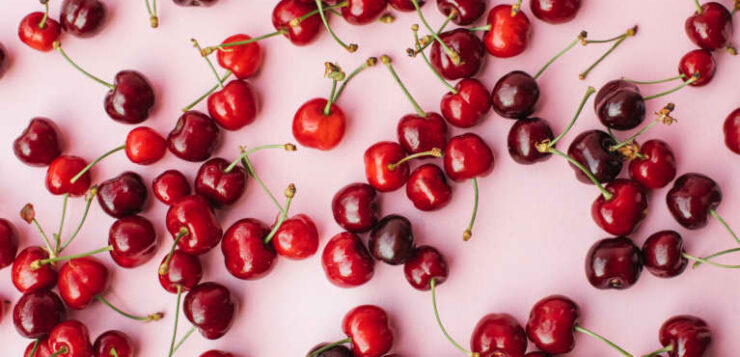Going to the market or the supermarket and choosing natural foods not only portends a delicious meal, but it also means that it will be more nutritious. What’s fresh – whether it’s a fruit or any vegetable – is packed with nutrients and health benefits.
However, each product has a different function in the human body, they are all beneficial when there are no excesses. In some cases the heart is strengthened, in others, they help the mind, and sometimes it is their antioxidants that shine.
Nature is wise and yes, it provides food that is needed to live healthily. It doesn’t have to be expensive as fresh ingredients can last for days with knowing how to choose and store them.
The fact is that these 10 fruits are among the best in the world for their nutrients.
AVOCADO
Avocados have a high percentage of calories but it is not to be alarmed, their role in the diet goes far beyond that count. Just one half has about 4.6 grams of fiber, a pretty high amount for such a small serving.
The fact that a food contains fiber means that it will feel full for longer. In fact, in a study published in the National Journal of the United States, they documented that people who ate this serving of avocado had a 40% decrease in desire to eat.
In other research in the journal Phytotherapy Research, it is mentioned that this fruit helps fight metabolic syndrome, a grouping of signs that includes high blood sugar levels and also high cholesterol, blood pressure, and body mass index. This set of signs can be life-threatening on their own or lead to other conditions such as type 2 diabetes and cardiovascular disease.
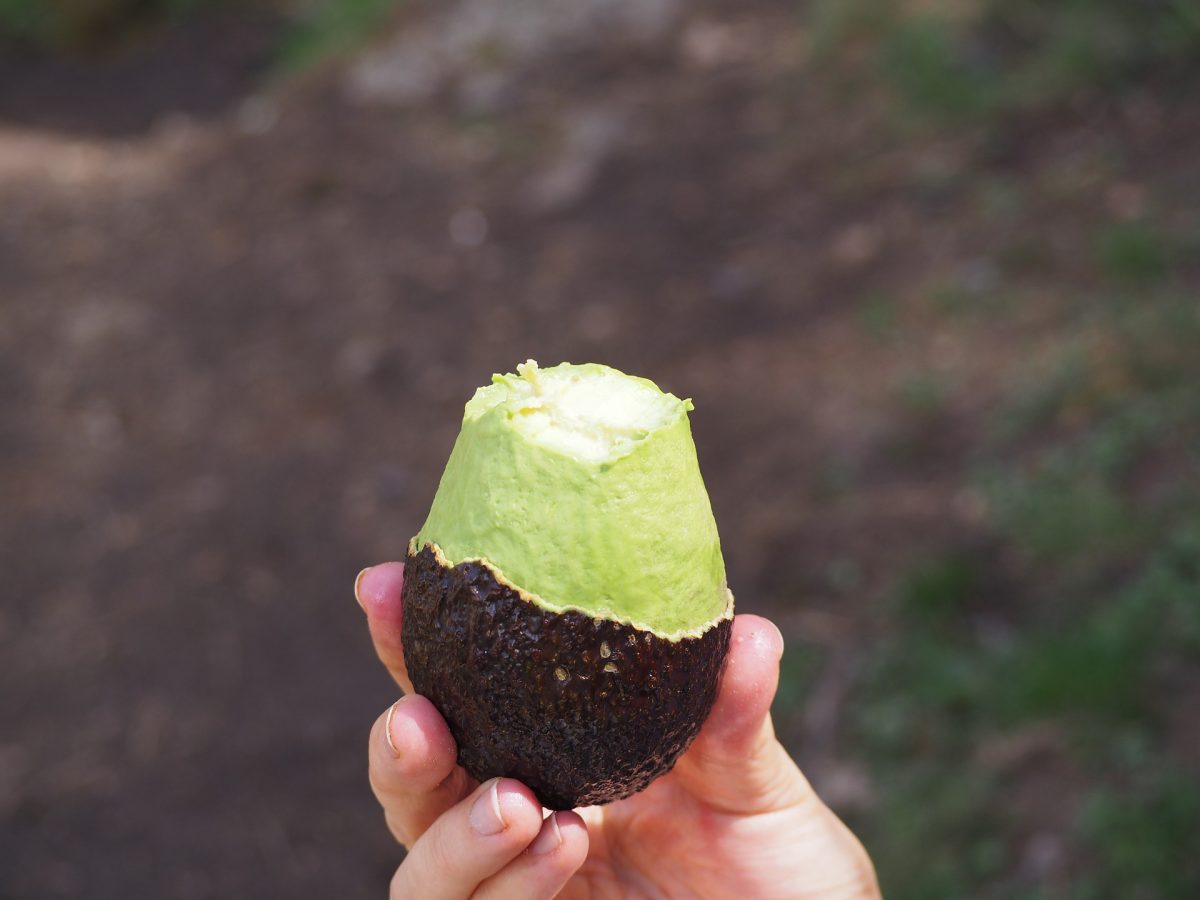
BLACK ZAPOTE
It may be that in Mexico the consumption of black zapote has decreased, but knowing how good it is for the body may make it popular once again.
There is the idea that citrus fruits are the best sources of vitamin C but the zapote supersedes them; just 100 grams have 130 calories and 191 milligrams of this nutrient, which is easily twice that of orange.
In addition, a published study explains that it is also a great source of carotenoids and catechins, antioxidants that help the liver convert fat into energy.
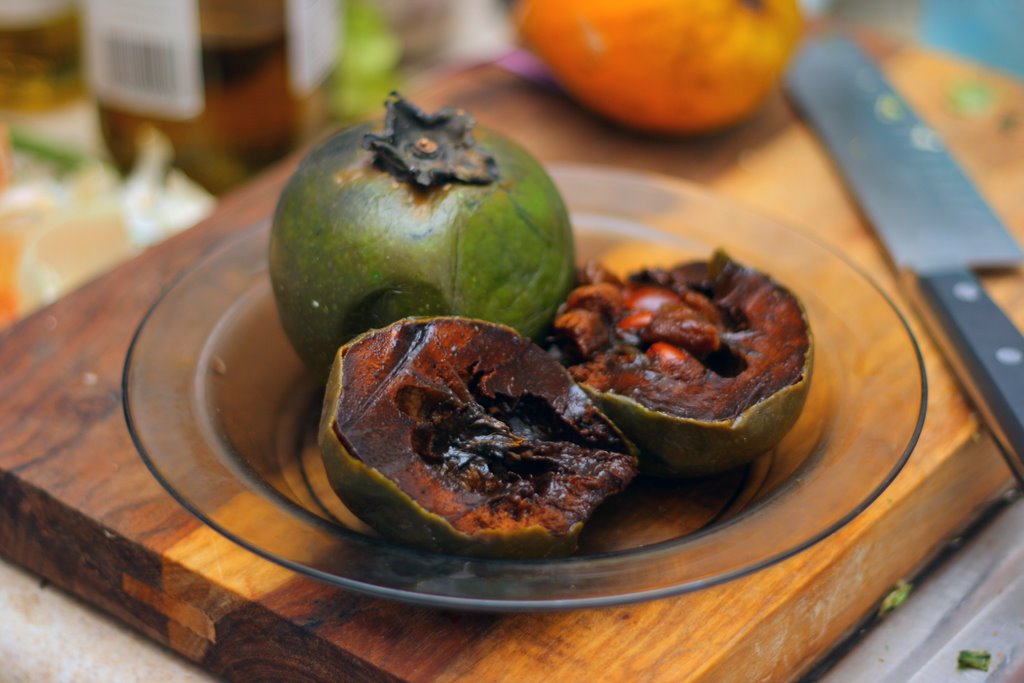
PINK GRAPEFRUIT
Eating half a grapefruit before your meal can help reduce belly fat and cholesterol levels. That’s how it is! A study published in 2012 ensures this thanks to the results obtained in a group analyzed for six weeks.
Those who participated noticed that with this practice their waist decreased between 3 and 4 centimeters.
But why is it? The researchers attribute the effects to a combination of phytochemicals and vitamin C, both nutrients contained in grapefruit. Good tip right?
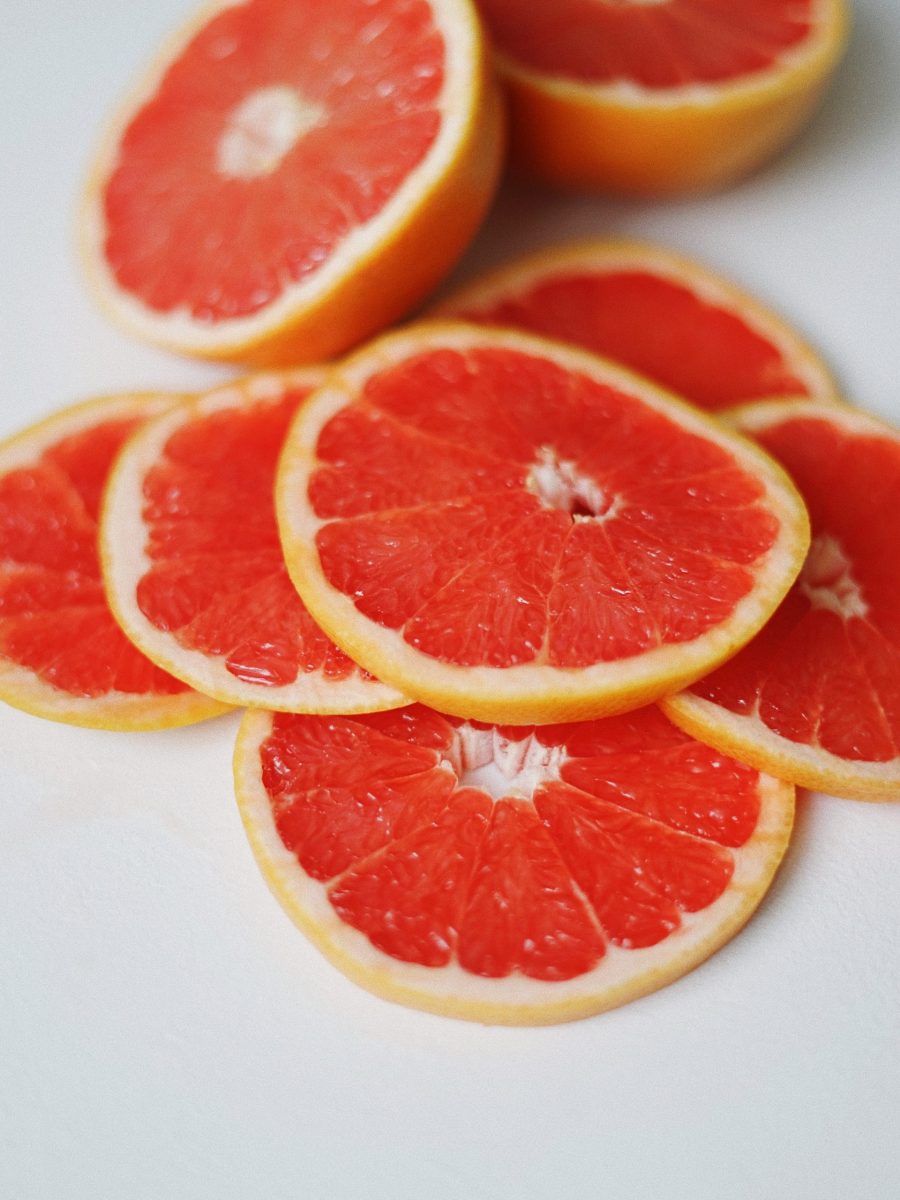
CHERRY
The University of Michigan in the United States determined after an 8-week study that cherries benefit heart health and body weight.
important! They have to be natural, not the bright red ones, and excessively sweet in syrup. Naturally, they not only maintain large amounts of antioxidants, but they also help reduce abdominal fat by 9% just by eating them.
The secret lies in the alteration of fatty genes and how this fruit alters its expression. If you like salads, they are an excellent option to include them.
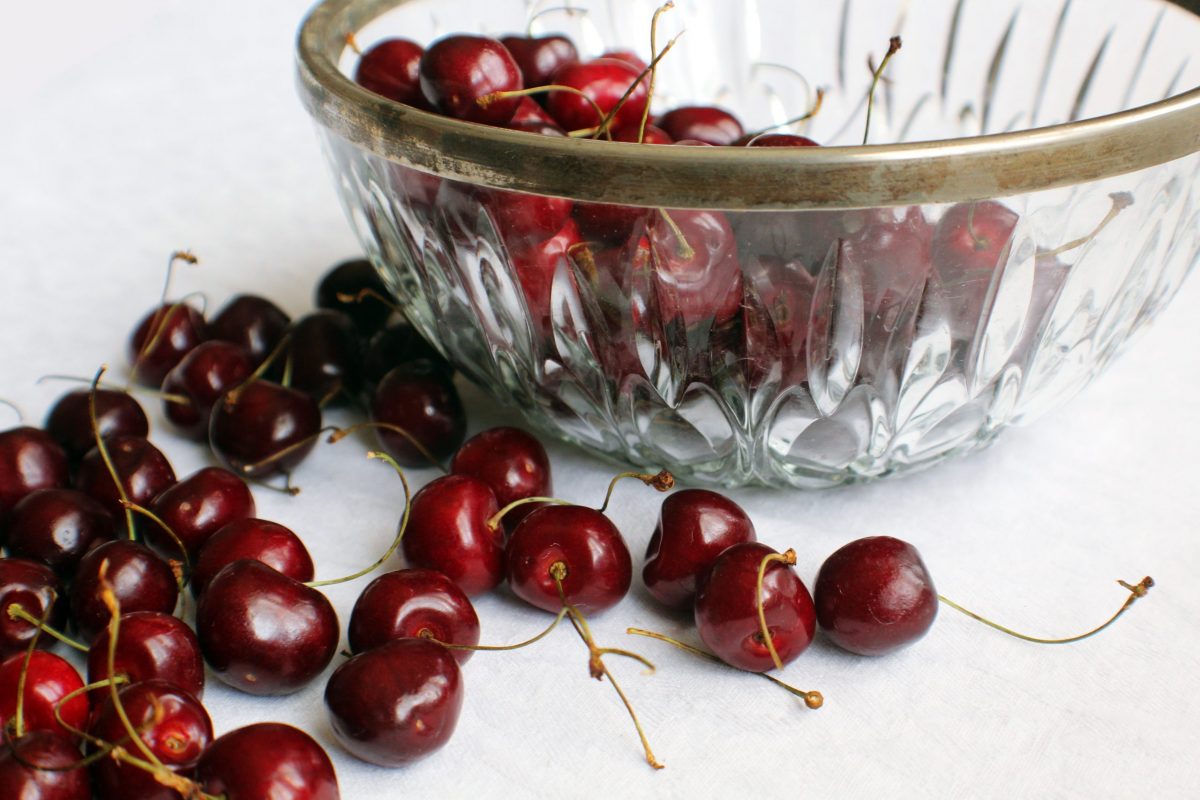
BLACKBERRIES
Berries could not be missing from this list, be they blueberries, strawberries, raspberries, or blackberries. One of its main benefits is polyphenols, powerful chemical compounds that, in addition to helping in weight loss, help prevent the formation of fat.
Not only that, blackberries are rich in antioxidants and very low in calories and carbohydrates. In short, they are the perfect fruits for being packed with nutrients.
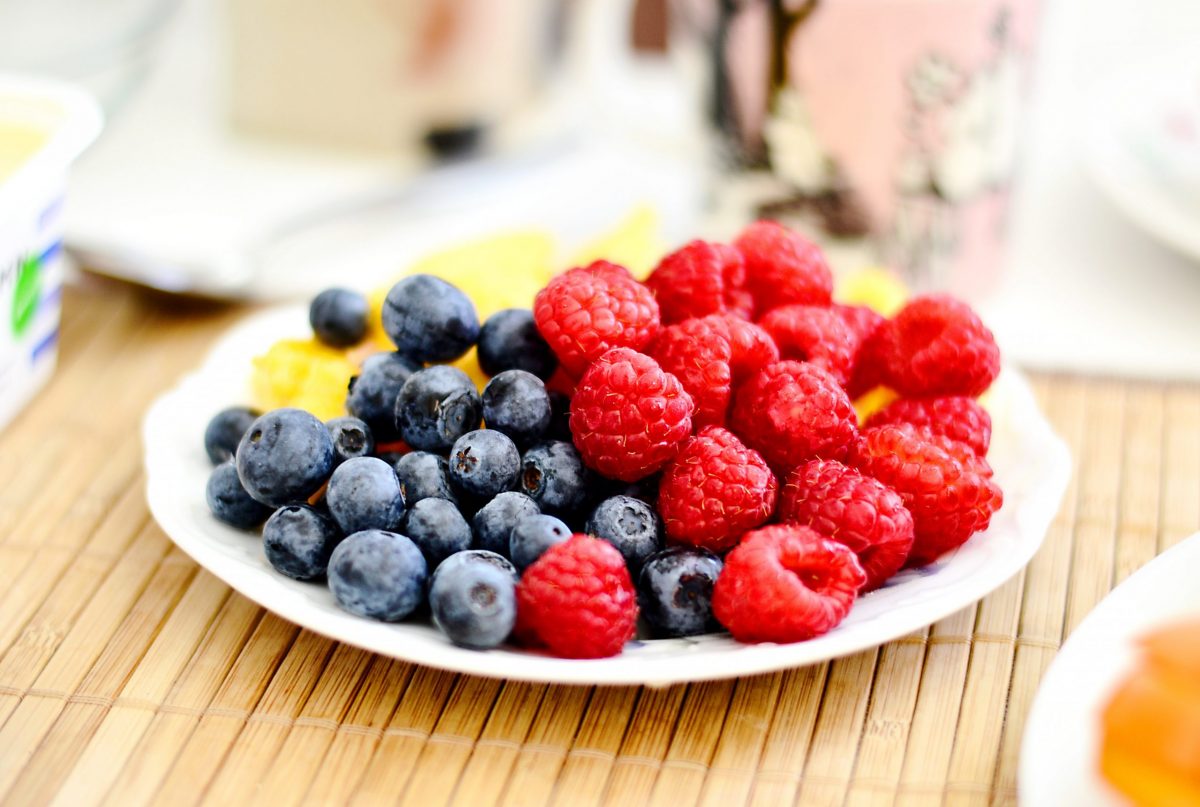
ACAI
Açai is also a berry but it certainly deserves a special section. This fruit contains more antioxidants and phenols than pomegranate and blueberry – chemical compounds that give both personality and popularity.
As if that weren’t enough, a University of Florida study found that açai extract triggered a self-destruct response of up to 86% in the leukemia cells it came into contact with. This is a major scientific breakthrough for researchers looking for a cure for this type of cancer.
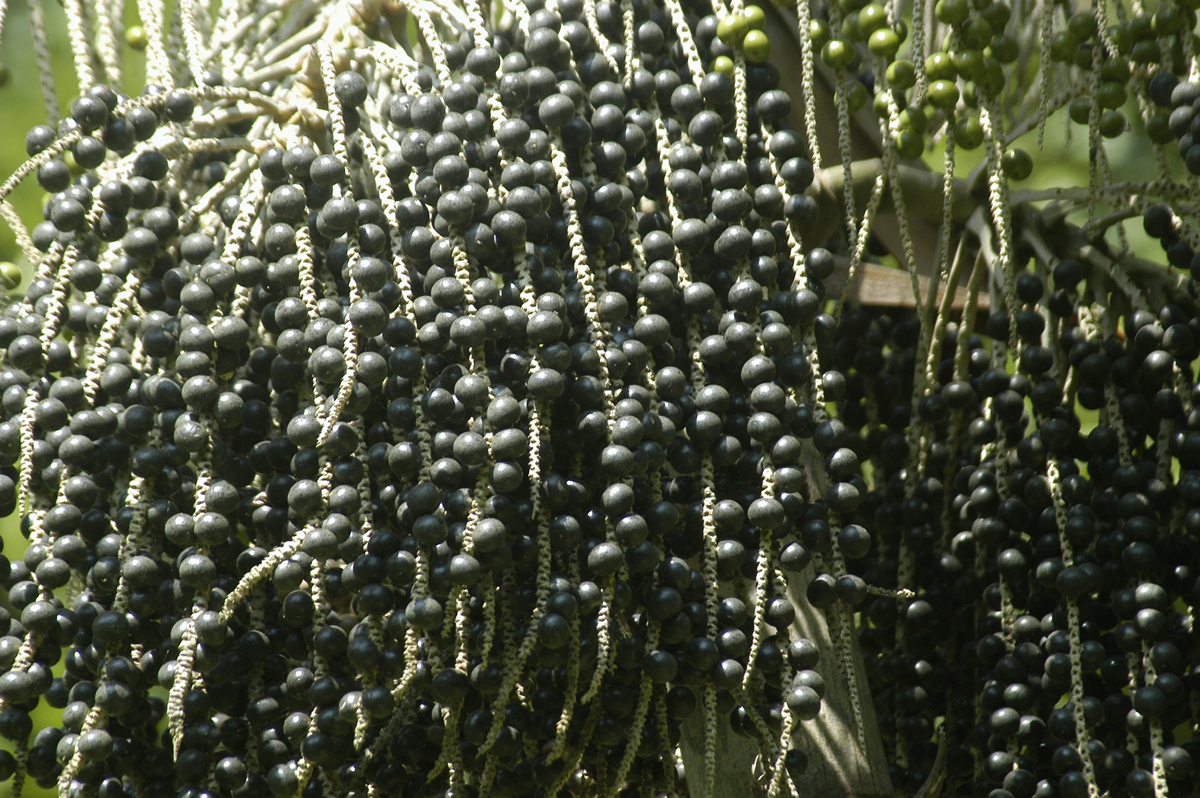
KIWI
For bloating or indigestion it is time to eat kiwi. This fruit has great power in the digestive system thanks to a natural enzyme called actinidin that helps break down proteins in the body.
It also contains prebiotic fiber that acts directly in the intestine, there are even studies where it is proven that it helps increase visits to the bathroom.
These fruits have many nutrients and best curious benefits; for example, it is an excellent sleep conciliator for people suffering from insomnia.
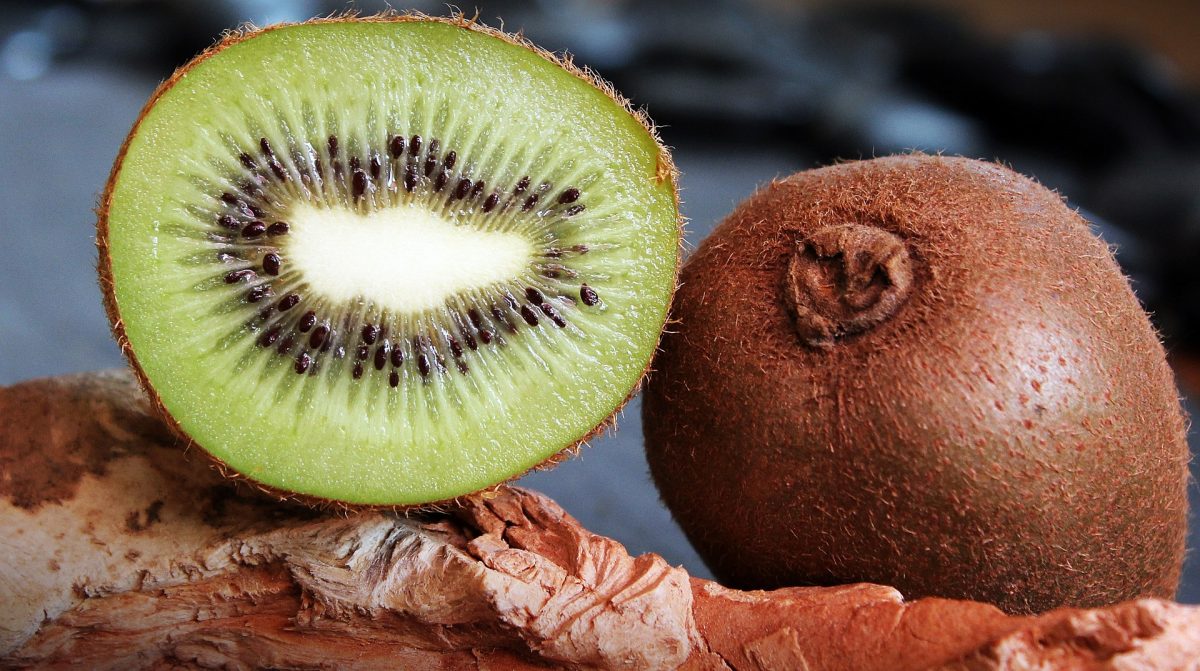
APPLE
Apples are great allies against constipation due to their high fiber content and this quality helps in two ways. The first is by providing a great feeling of satiety so as not to succumb to binge eating caused by anxiety spasms.
The second has to do with the reduction of visceral fat; When the consumption of soluble fiber is increased to more than 10 grams per day, the nutrients of carbohydrates are taken advantage of and magic happens.
Although all apples have this capacity, there is one in specific that also adds a higher level of flavonoids and antioxidants than the others, it is the variety called “the pink lady” that has a color between red and yellow.
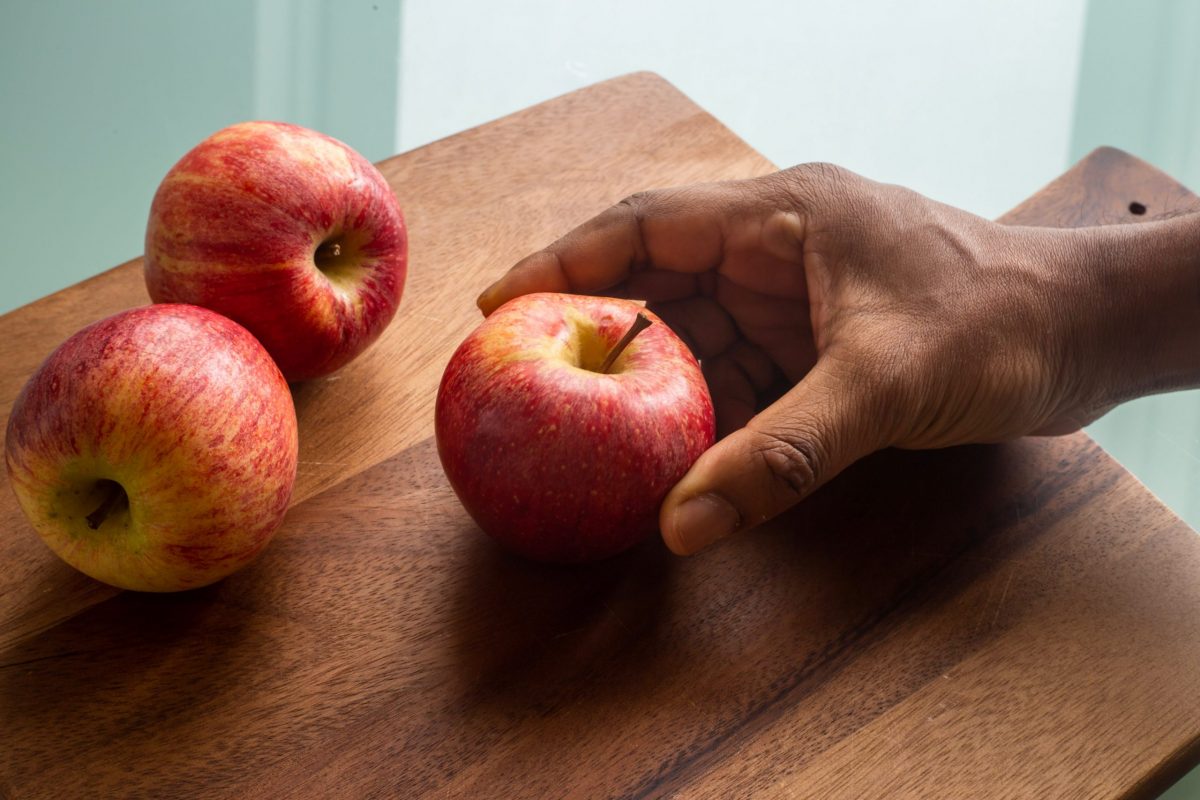
WATERMELON
In diets low in sugar and carbohydrates in general, watermelon is prohibited but this does not mean that it does not have benefits that can be taken advantage of by ending the regime.
This huge fruit improves lipid profiles and reduces fat accumulation according to a study from the University of Kentucky.
It is also a great source of hydration due to its water content and not only that; A Spanish university and its team of scientists discovered in a study carried out on athletes that its consumption significantly reduces muscle pain.
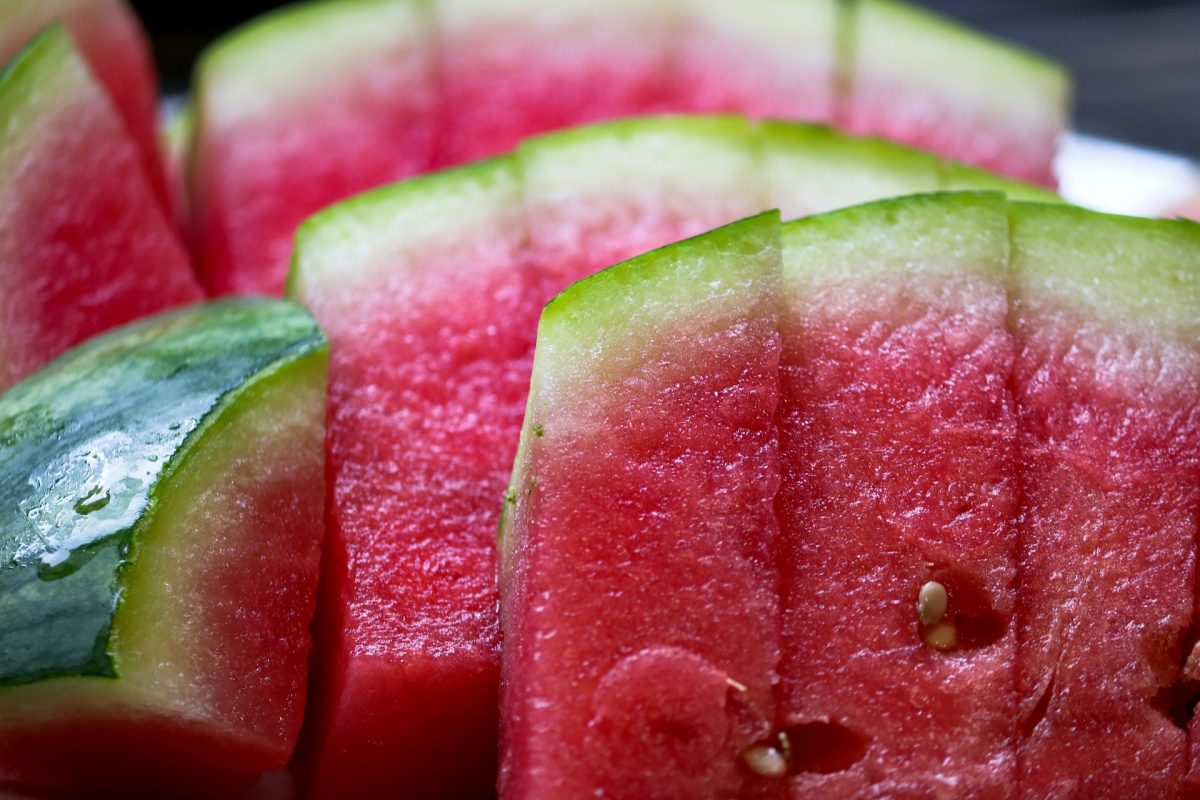
GRAPE
Sometimes the sugar content in grapes makes them fruit that although it is good, is not good in large quantities and less for those who suffer from diabetes; however, they are rich in nutrients and antioxidants like resveratrol.
This compound is one of the most studied for its effects against cancer cells. In laboratories, they detected that it prevents the type of cellular damage that triggers carcinogenic processes in tissue and animal studies.
In addition, it inhibits the proliferation of these cancer cells and reduces the invasion of these cells.
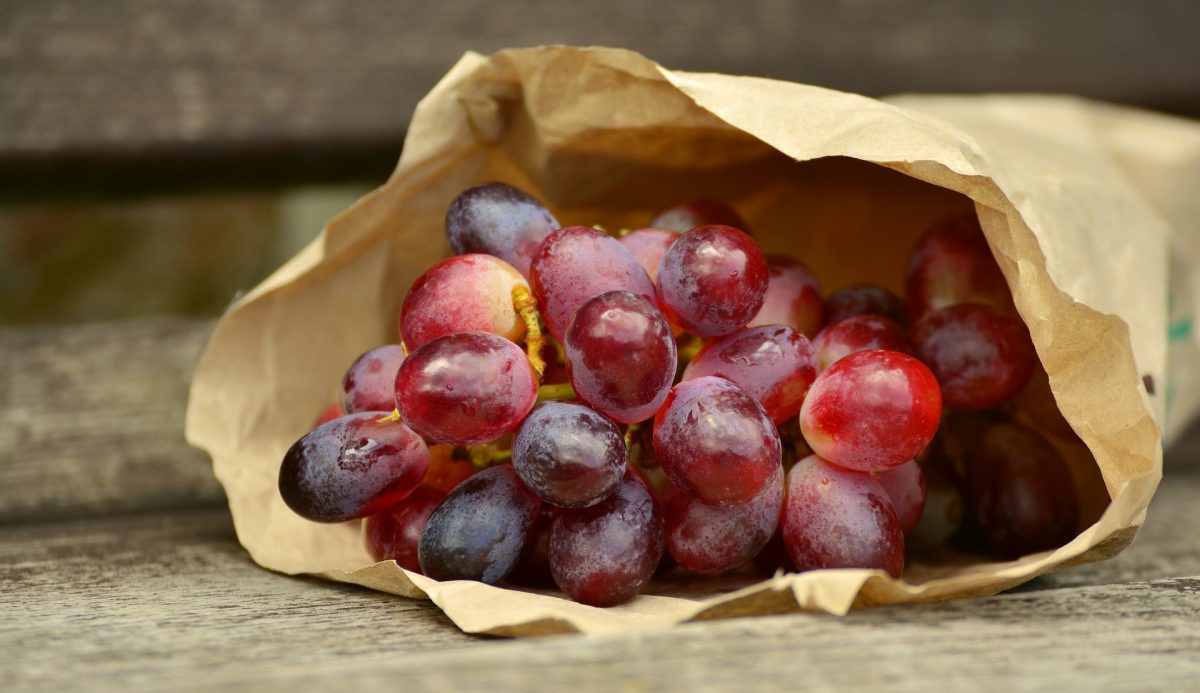
Source: Animal Gourmet
The Yucatan Times
Newsroom

